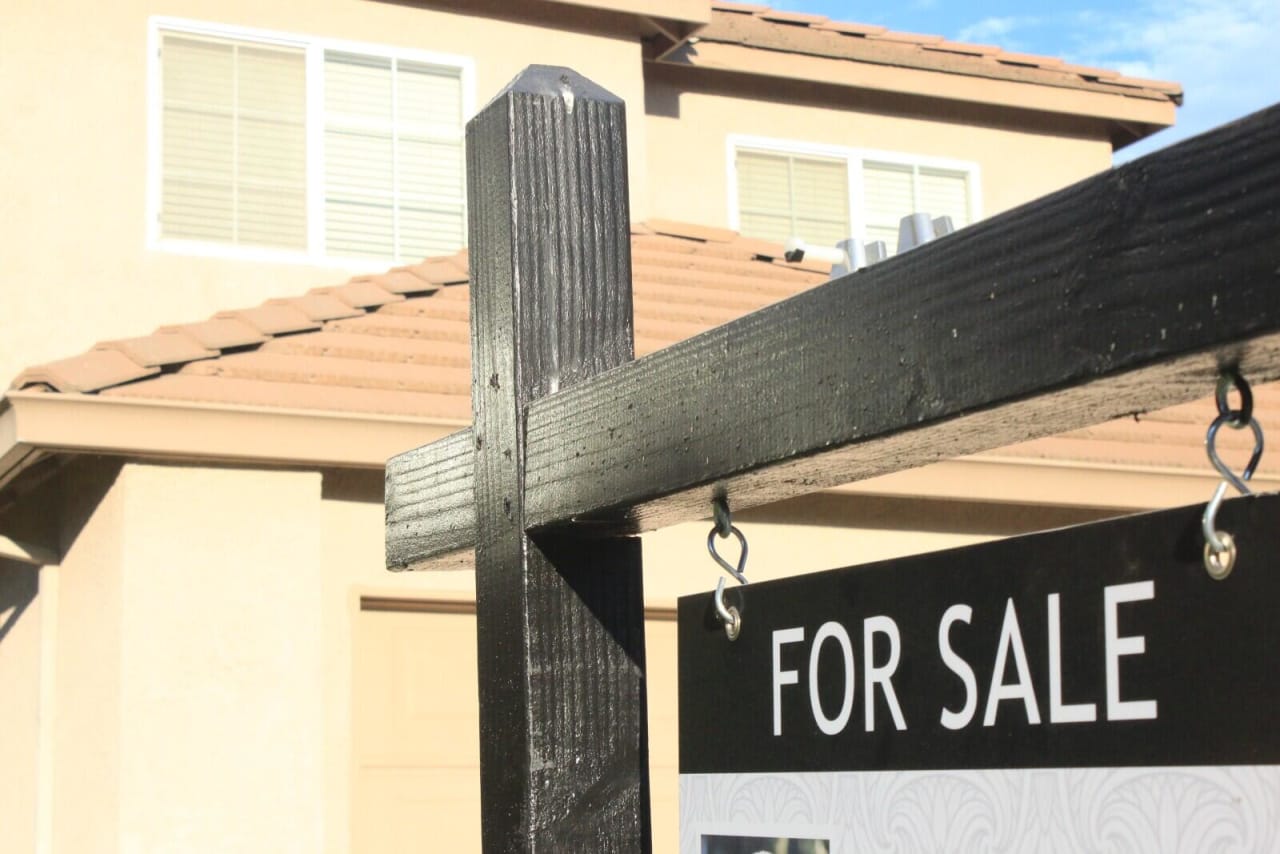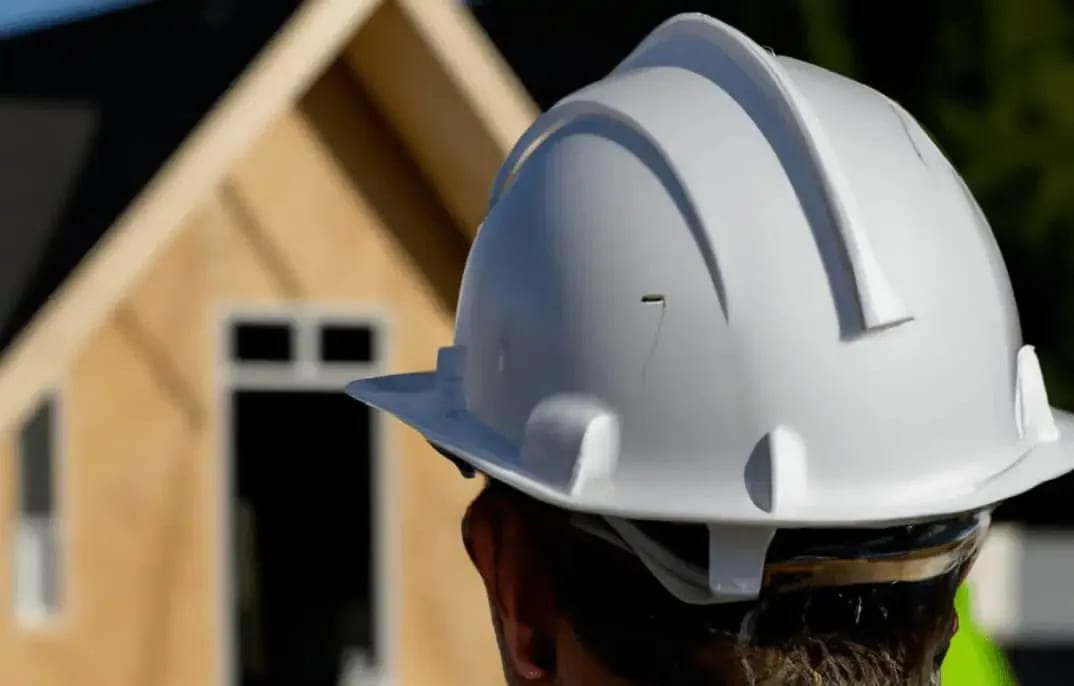You’ve been hunting for your dream home for the longest time and finally found it. This house has everything you’ve been searching for: it’s conveniently located, the
neighborhood is charming, and the house itself meets all of your criteria. So you’re ready to make an offer, but suddenly… doubts about the foundation rise to the surface.
How does a foundation work? The foundation of a home is the part of the construction that bears the weight of the building. Choosing a foundation is a matter of taste and price range. There are several variations, but builders commonly utilize one of three: a full basement, a crawlspace, or a slab-on-grade, based on the house design, climate, types of soil conditions, and building budget.
Maybe one or more imperfections in the property were pointed out by you or your real estate agent during your tour. A pre-lived in-house is not likely to be pristine in every regard. You might expect the usual signs of prior occupant wear and tear.
Foundation damage is seldom sudden. Most of the time, bad foundation in a house has its roots in the building process. Poor soil preparation, bad design decisions, and defective materials set the stage for foundation problems that may not show up for years.
Have you been asking: should I buy a house with bowing basement walls? Know when to walk away from foundation issues. If you see any of the following, the house likely has a genuine foundation problem:
- Bowing or cracked basement wall;
- Movement of wood trim and other inside fixtures such as built-ins or cabinetry;
- Gapping or separation of exterior trim;
- Doors and windows sticking or not latching;
- Exterior brick cracks; and
- Diagonal cracks on interior wall.
We will discuss some important factors to take into account so you can answer the most pressing question you have right now: should I buy a house with foundation repairs? Remember that a single symptom alone is not always a sign of foundational problems, mainly if no other accompanying indicators are present.
If there is a problem with your foundation, it is seldom the result of a single issue. Your transaction isn’t in jeopardy just yet; you might still go ahead with buying a home with foundation issues.
What Kind of Loan Are You Applying to Your New Home?
Are you buying a house with foundation problems in Texas? Mortgage approval for a home with foundation problems may be more difficult. In most cases, the lender will need repairs before authorizing a mortgage and proceeding with the closing.
Your creditworthiness and financial status play an essential role in the preapproval process, but the value of the property you’re looking to purchase is frequently the deciding factor in the final approval.
Regarding conventional loans and foundation issues, conventional loans have less stringent property restrictions, which may make it simpler to get a mortgage, while it may be more challenging to get a government-backed mortgage due to their rigorous guidelines.
Let’s examine your alternatives if the home you wish to purchase needs foundation repair work.
More than the home’s livability, private lenders are concerned with how much money they will get back when they sell it. This might cause a short delay in your closing, but once you have verification of the repairs, everything will go through as planned.
Are you buying a house with structural damage? There are stringent regulations regarding the structural soundness of a property that you must meet if you want to apply for an FHA, VA, or USDA mortgage. To assist those with low and middle incomes in purchasing a secure place to call home, the United States government makes these loans available.
The assessment must indicate that the roof and the foundation are in acceptable shape to secure final mortgage approval, among other things. A foundation repair may cause a delay, if not a complete halt, in your property acquisition.
What Agreement Can You Reach With the Seller?
The seller and home buyer may negotiate most agreements with terms acceptable to both parties, provided everyone is prepared to make some concessions. Getting the house you desire can take longer. The seller may end up paying more than they anticipated. However, both parties may change the agreement to provide extra time or alternative remuneration after ironing out the details.
Are you buying a house with a bad foundation? Your Realtor® may assist you in negotiating for repairs in many ways if you have some ballpark figures to work with. The seller may either cover the repair expenses or provide a substantial enough discount to allow you to cover the repairs yourself if you love the area and are ready to put in the work.
As the demand for property decreases, sellers tend to be more willing to negotiate. You may also consider withdrawing your offer if the property is seriously distressed.
One option a buyer has in creating their real estate contract is to ask the seller to cover a portion of their closing fees.
While it may be impossible for a seller to entirely pay for all costs in buying a home with foundation repair, but it is possible to pay other expenses. The seller may contribute a maximum amount for a buyer’s closing fees. You’ll need to determine the percentage or amount from your lender or real estate agent.
The seller contributes to your closing expenses, reducing the amount of money you have to spend out of pocket at the end of the transaction. Afterward, you’ll have the money you had planned to spend on closing fees, which you can now use for future repairs. Plus, you will have some say in who your foundation repair contractor is and how the work is done.
However, you will need to have the money on hand to cover the cost of the repairs. You saved money differently, though, thanks to the seller.
What Does the Inspector Say?
In the option stage of the home buying process, you’ll likely undergo a home inspection. No promises regarding the future can be made by a general inspection, which only shows the house in the state it is in at that moment.
While home inspectors are meticulous, many of the issues they point out may be fixed cheaply and readily by homeowners in a do-it-yourself fashion. Not all of the findings of an inspection should raise alarm bells.
While a common house inspector may pick up on potential foundation problems, they are not authorized to do foundation inspections in the field. A license or certification for a foundation inspector does not exist, but there are structural engineers to whom we will turn next.
When pointing out flaws, general inspectors will be a bit more cautious. Most of the time, they’ll advise hiring foundation repair companies or perhaps a structural engineer when buying a house with foundation issues.
Structural engineers assess structures and can use exact measurements, calculations, and other scientific methods to evaluate and report on their state. To complete a real estate transaction, it is not always essential to go into this much detail.
When selecting, remember that engineering assessments are more costly than regular house inspections or foundation repair assessments. Hiring a structural engineer may be a good idea if it will give you peace of mind and save you money in the long term.
A foundation repair firm may give you a free estimate of your home’s foundation and provide you with a detailed repair plan and a written repair cost estimate. However, even throughout the option period, you may be unable to devote enough time to this.
Is the Repair Major Enough to Require Complete Renovation?
Will a bank finance a home with foundation issues? It is challenging since most lenders won’t provide standard mortgages if buying a house with structural issues because they put too much risk into the deal. However, some programs will allow you to finance even if a house has major foundation issues, and some will even grant you the money to pay the expense of repairing foundations. The FHA Rehab loans, Fannie Mae HomeStyle Renovation mortgages, and Freddie Mac CHOICERenovation mortgages are all examples of these types.
In spite of the fact that these three types of government-backed loans may only permit a mortgage to borrowers if the property in question has an excellent structural foundation, all provide rehabilitation loans to help finance home improvements.
The Federal Housing Administration (FHA) provides 203(k) rehabilitation loans. These loans provide funding for substantial repairs required to make a property livable.
If you are acquiring a property in one of the USDA’s designated districts and make an income that is at or below 80% of the median income for the region, the USDA may be able to assist you financially to buy the home as well as with any necessary repairs or renovations.
In addition, the Department of Veterans Affairs (VA) provides eligible military members and their families with extra funding for home improvements.
Final Thoughts
To answer your question: should I buy a house with previous foundation repairs? A place that has had previous foundation work done can absolutely be yours. Buying a house with previous foundation repair is not an automatic dealbreaker.
You may also receive a mortgage when buying a house that had previous foundation repair. The only instance experts will discourage you is buying a home with foundation piers. There are just too many unforeseen costs and dangers to consider.
The buyer may straighten this out with some haggling and recompense from the seller. There should be a transferable warranty on the work done if the home has already been repaired, so make sure you check that out. It’s possible that this guarantee will prove to be helpful.
Take into account the fact that foundation settlement has had an impact on thousands of houses in certain places. It’s a relatively frequent problem that can be fixed, and properties with similar problems are constantly being purchased and sold.










